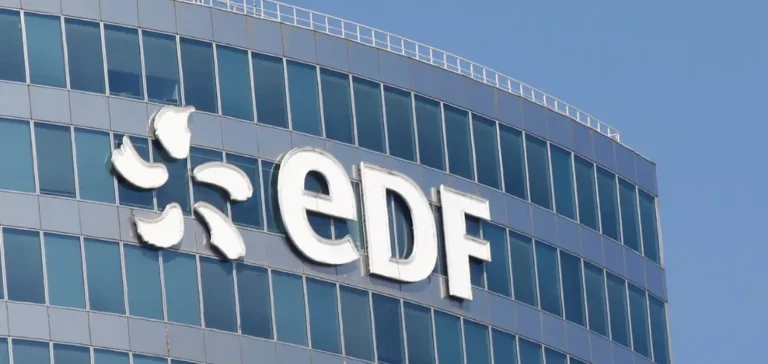The Chief Executive Officer of Électricité de France (EDF), Bernard Fontana, stated in an internal message to the company’s executives that the group is currently considering capital openings for some of its international activities. This move aims to create financial flexibility as the group’s debt reaches €54.3bn ($57.5bn).
Strategic refocus on priority assets
The CEO explained that the company will prioritise investments within France, particularly in nuclear and hydroelectric sectors. The planned projects aim to strengthen the power output of existing reactors and modernise hydroelectric infrastructure. In a constrained market environment, EDF also plans to cut €1bn in general expenses by 2030, according to the content of the message addressed to its top managers.
Abroad, Bernard Fontana mentioned a selective approach, stating that the group is “ready to explore capital openings in specific regions or activities”. However, he did not specify the geographical areas or business units involved. Recent speculation includes a potential full or partial sale of Italian subsidiary Edison, as well as the search for partners in EDF Power Solutions’ renewable operations in the United States.
Challenging balance between investment and profitability
The Chief Executive acknowledged that EDF’s current cash flow does not cover the full extent of its ongoing investments. This is due to low electricity sale prices, cost overruns on current construction projects, and underperforming business segments. The group is adjusting its roadmap in a politically and energetically uncertain environment, marked by the absence of a decree on the Multiannual Energy Programming (PPE3).
The Cour des comptes expressed similar concerns in a report published on September 23, highlighting the risks EDF faces in funding a €460bn ($487bn) investment programme between 2025 and 2040. The report also underlined the potential impact of a credit rating downgrade on the group’s access to capital markets.
Upcoming decisions on asset futures
Bernard Fontana stated that financial realism must drive future decisions, with increased monitoring of activity profitability. The management stressed the importance of safeguarding the group’s access to financing, warning that any deterioration of EDF’s credit rating would endanger its ability to raise necessary funds.
Amélie Henri, central union representative of CFE-CGC, called for greater political clarity to secure the group’s future, stating that “securing EDF also means securing the energy future of France”.






















